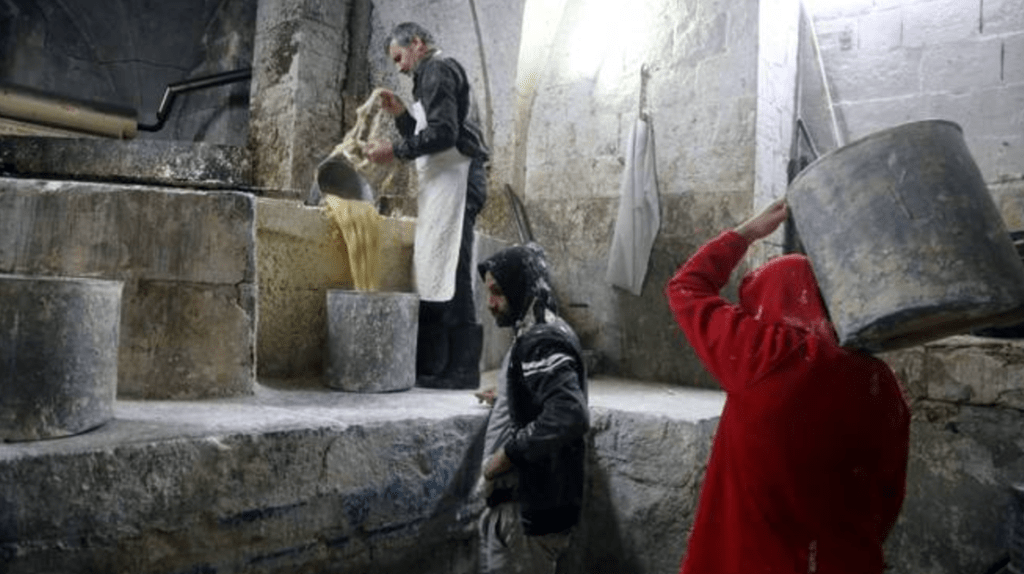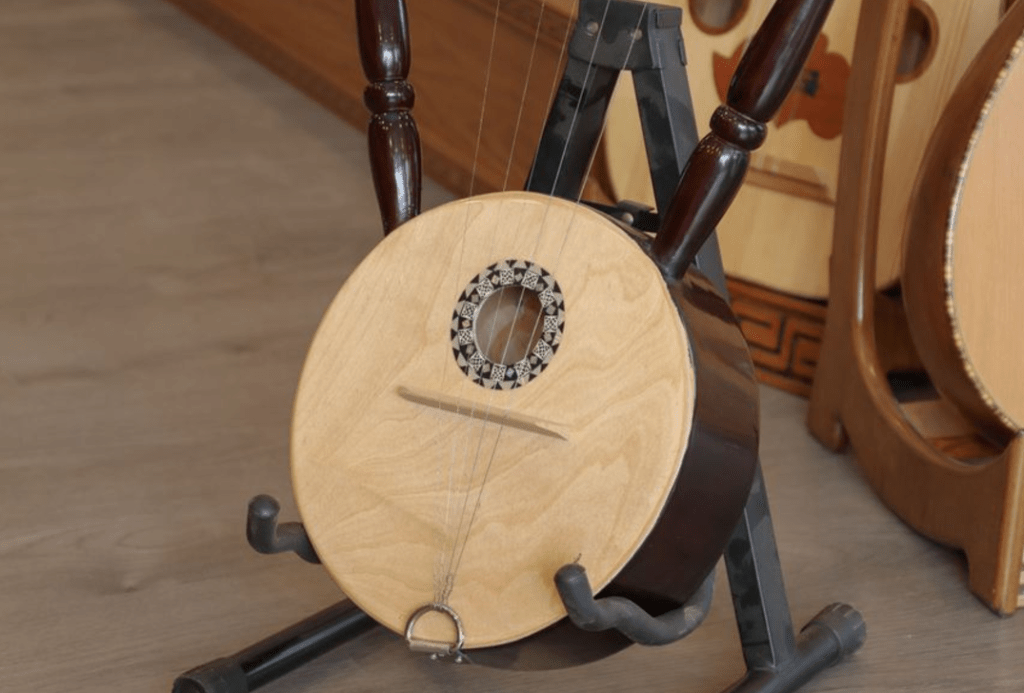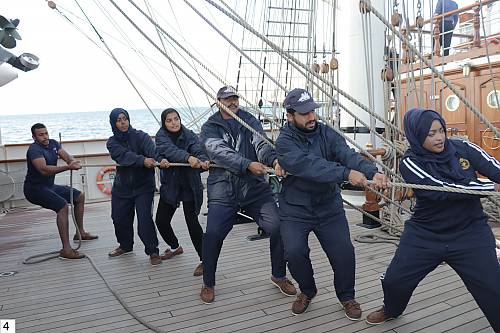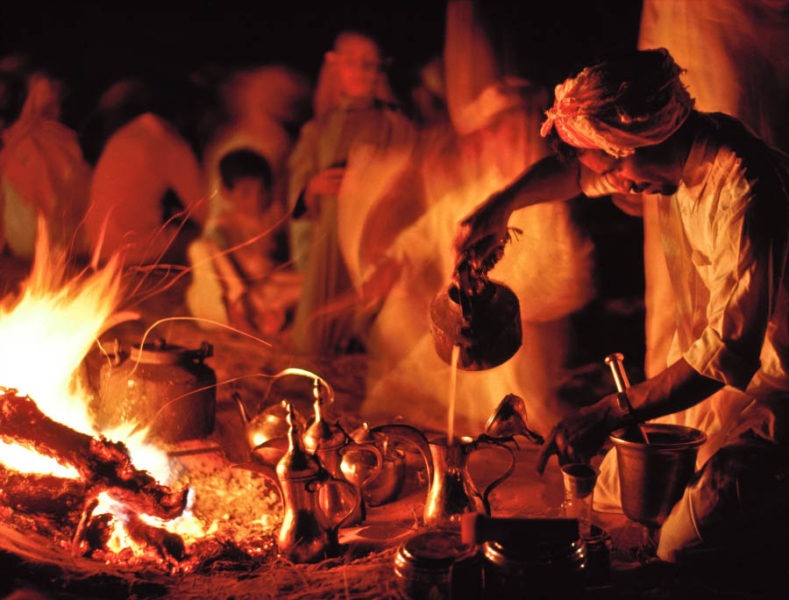Celebrating Cultural Heritage: MENA Practices Recognized by UNESCO
As of December 2024, UNESCO has officially recognized several cultural practices from the MENA region, adding them to its prestigious Intangible Cultural Heritage list after their 19th Intergovernmental Committee for the Safeguarding of Intangible Cultural Heritage that was held earlier this month.
These inclusions aim to safeguard and promote traditions that embody the identity and values of communities across the world. Among this year’s newly recognized practices are henna rituals and Palestinian and Syrian soapmaking.
These practices join other culturally significant traditions from the region that have been preserved for generations as UNESCO continues its efforts to protect such invaluable cultural legacies.
Henna Rituals: A Symbol of Joy and Unity

The UAE, in collaboration with Sudan, Egypt, Morocco and 13 other nations, submitted the region’s traditional henna-making practices for consideration, after which it was added to UNESCO’s Intangible Cultural Heritage of Humanity list.
Henna is much more than a cosmetic art form; it plays a pivotal role in community rituals, often marking joyous occasions like weddings and festivals.
According to the submission, henna’s significance is rooted in its transmission from one generation to the next, ensuring its survival as a cultural marker. Henna’s widespread use among both men and women in the region highlights its unique role in fostering a sense of unity and festivity.
Nabulsi Soap: A Palestinian Tradition with Deep Roots

The ancient practice of Nabulsi soapmaking has also received international recognition. This tradition, dating back over 1,000 years, is integral to Palestinian culture and widely practiced within its diaspora.
Nabulsi soap is crafted from three main ingredients: olive oil, water, and lye, a combination that reflects the Palestinians’ strong connection to their land.
The Palestinian Ministry of Culture’s submission to UNESCO emphasized the soap’s importance not only for its historical significance but also for its social impact.
Making soap at home, often as a family tradition, represents a deeper cultural value—promoting good household management and community sharing. Homemade Nabulsi soap is often gifted during celebrations, reinforcing social ties and helping to preserve Palestinian identity across generations.
Taif Roses: A Scent of Saudi Heritage

The Taif rose from Saudi Arabia is another cherished tradition that has been added to UNESCO’s list. Grown in the Makkah province, these roses are harvested in March, and their delicate petals are carefully collected by farmers and their families during the early morning hours.
The roses are then distilled to create rose water, essential oils, and perfumes used in beauty products, traditional medicine, food, and drinks.
Taif roses are not only loved for their fragrance but also for their cultural significance. Roses hold a central place in daily life, used to perfume mosques, given as gifts, and even featured in local cuisine.
As one of the region’s most iconic agricultural products, the Taif rose represents the enduring bond between the people and their natural environment.
Aleppo Soap: A Timeless Syrian Craft

Among the new additions to the Intangible Cultural Heritage list is Aleppo ghar soap, one of the oldest soap-making traditions in the world, with a history spanning over 5,000 years.
Originating in Syria, this soap is made from locally produced olive and laurel oil and has been passed down through generations of craftsmen. The intricate process of making Aleppo soap involves hand-stamping the final product with the craftsman’s family name, preserving both the soap’s heritage and the identity of its maker.
Aleppo soap is highly valued for its quality and unique composition, and the tradition of making it continues to thrive despite the challenges the region has faced.
Twayef of Ghbonten: A Tunisian Musical Tradition

The Twayef, troupes of poet-singers from Tunisia, also gained recognition this year. These musical groups have been part of the Ghbonten tribe’s culture for centuries, with their origins dating back to at least the 17th century.
The Twayef perform sacred and secular chants while wearing traditional robes and chechias, accompanied by drums. Their performances celebrate the community’s rich cultural and artistic traditions, with each troupe led by a master performer.
Algeria’s Women’s Ceremonial Costume: The Gandoura and Melehfa

The Gandoura and Melehfa, traditional costumes worn by women in Algeria, also joined the UNESCO list. These garments are typically worn during festive occasions, such as weddings or religious celebrations, and play a significant role in reinforcing social ties within the community.
The knowledge and craftsmanship associated with these costumes are passed down through generations, often taught within families or at local workshops.
In addition to their cultural and social importance, the Gandoura and Melehfa are symbols of sustainable craftsmanship and an enduring connection to Algeria’s cultural heritage.
Semsemiyyah: Instrument Crafting and Playing

Also recently recognized as part of the intangible cultural heritage of the MENA region, Semsemiyyah, which carries the same name as the Egyptian candy, is a traditional harp-like instrument crafted and played in communities along Egypt’s Suez Canal and Saudi Arabia’s Red Sea regions.
The instrument, typically constructed by the musicians themselves, is made from natural or recycled materials such as wood or metal. For example, its triangular shape is held together by three wooden poles.
The Semsemiyyah plays an important role in the lives of sailors, fishermen, and traders, contributing to social cohesion and community life. Also, it is often featured in concerts, cultural festivals, and important social occasions such as weddings and sporting events.
Oman’s Youth Sail Training Ship: Good Safeguarding Practices

In addition to the recently recognized cultural practices, Oman’s Youth Sail Training Ship (Safinat Shabab Oman) programme has also earned a significant place in the global dialogue on intangible heritage.
This initiative, fully financed by the Omani government, focuses on using traditional sailing techniques to promote peace and sustainable cultural exchange.
The programme, which trains young Omanis in the art of traditional sailing, aims to introduce the country’s maritime heritage to international audiences. Participating youth, trained as cultural ambassadors, join international sailing events and races, showcasing Oman’s rich cultural traditions.
Through these experiences, the programme helps preserve the country’s seafaring skills while also fostering intercultural understanding.
Arabic Coffee: A Timeless Hospitality Symbol

Another significant cultural practice added to UNESCO’s Intangible Cultural Heritage in 2015 is the Arabic coffee tradition, deeply rooted in the customs of the UAE, Oman, Qatar, Saudi Arabia, Jordan, and across the broader Arab world.
Arabic coffee, served during weddings, tribal gatherings, and daily life, is more than just a beverage; it is a symbol of generosity, hospitality, and respect. In some regions, the drinking ritual of coffee follows a strict set of etiquette rules, such as serving elders first and pouring with the right hand.
Accompanied by poetry and lively conversation, the tradition fosters deep social connections and plays a central role in cultural identity and community spirit.
Nawrouz: A Celebration of Spring and Unity

The spring festival of Nowruz (also spelt Nawrouz, Novruz, Navruz, etc.) has been celebrated for centuries across multiple countries in Asia and the Middle East, including Iran, Turkey, Afghanistan, Pakistan, Azerbaijan, and others.
It was first inscribed on UNESCO’s Representative List of the Intangible Cultural Heritage of Humanity in 2009, with the inscription extended in 2016 to include additional countries.
This festival is rooted in the glorification of nature and the sun, symbolizing renewal and respect for all living beings, which is why its celebration marks the Persian New Year.
It is considered a time for settling debts and resolving conflicts. The celebrations, marked by folk music, dance, games, and competitions, promote unity, solidarity, and cultural pride.
The addition of these practices to UNESCO’s Intangible Cultural Heritage list highlights the vibrant cultural tapestry of the MENA region.
From the ancient traditions of soap-making and rose cultivation to the artistic expressions found in music and attire, these heritage practices continue to define the region’s identity and contribute to its global cultural presence.
WE ALSO SAID: Don’t Miss… Tal Al Sultan In Jericho, Palestine Becomes World Heritage Site
